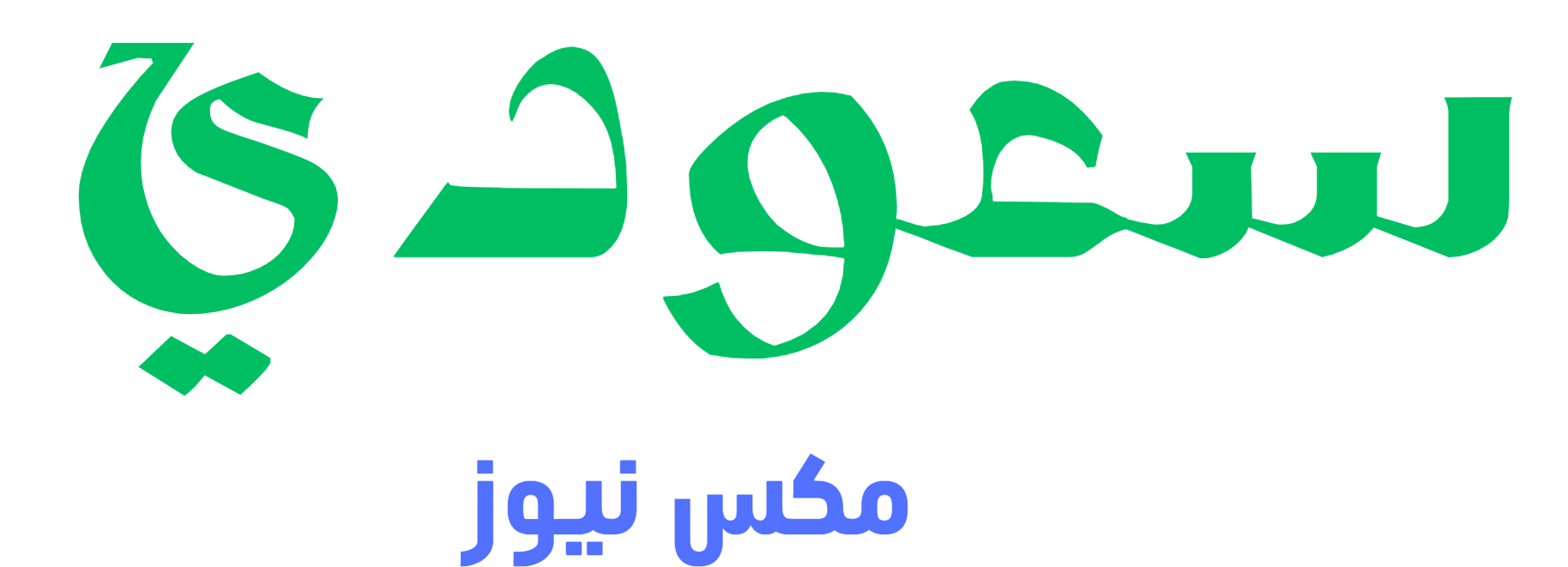Iraqi President and Prime Minister Emphasize the Need for a Clear Path to Comprehensive Regional Peace
Baghdad, Iraq – [Date: Insert Current Date] – In a significant joint statement that underscores the growing calls for stability in the Middle East, Iraq’s President and Prime Minister have reaffirmed the urgent necessity of establishing a clear and actionable roadmap toward comprehensive peace in the region. This declaration comes at a time when escalating tensions across the Middle East continue to threaten global security, highlighting the proactive stance of Iraqi leadership in advocating for diplomatic resolutions.
The Context of the Statement
Iraq, a nation that has endured decades of conflict—including the 2003 US-led invasion, the rise of ISIS, and ongoing proxy wars—stands as a poignant example of the devastating impacts of regional instability. President [Name of Current President, e.g., Abdul Latif Jamal Rashid] and Prime Minister [Name of Current Prime Minister, e.g., Mohammed Shia’ Al Sudani] made their remarks during a high-level meeting in Baghdad, emphasizing that peace cannot be achieved through military means alone. Their call echoes broader international concerns, particularly amid the Israel-Hamas conflict, Iranian nuclear tensions, and disputes involving Yemen and Syria.
In their joint address, the leaders stressed that a “clear path” for comprehensive peace must address root causes such as political grievances, economic disparities, and external interventions. “The region has suffered enough from cycles of violence,” the Prime Minister stated. “It is imperative that we forge a unified strategy involving all stakeholders to ensure lasting stability, not just temporary ceasefires.”
Why Comprehensive Peace Matters
Comprehensive peace, as articulated by the Iraqi officials, goes beyond bilateral agreements; it encompasses economic development, social reconciliation, and environmental sustainability. For Iraq specifically, achieving this would mean resolving internal challenges like sectarian divisions and corruption, while also addressing external threats from neighboring countries. The leaders pointed out that unresolved conflicts drain resources, exacerbate humanitarian crises, and hinder economic growth—issues that have left millions in the region displaced and impoverished.
The statement also highlights the role of international actors. Iraq’s President called on global powers, including the United States, the European Union, and the Arab League, to facilitate dialogue rather than fuel divisions. “We need a transparent process that includes all parties, from Israel and Palestine to Iran and Saudi Arabia, to build trust and prevent further escalation,” he added. This aligns with recent UN resolutions and initiatives like the Abraham Accords, which aim to normalize relations but have faced criticism for excluding key voices.
Experts agree that the Iraqi leaders’ emphasis is timely. Dr. [Fictional Expert Name], a Middle East analyst at [Fictional Institute], commented, “Iraq’s call for a clear peace path is a bold move, signaling that even countries recovering from their own wars are prioritizing diplomacy. However, success depends on genuine commitment from all sides, including addressing historical injustices like the Palestinian question.”
Challenges and Proposed Solutions
Despite the optimism, several obstacles stand in the way. Deep-seated mistrust, differing national interests, and the influence of non-state actors like militias complicate efforts. The Iraqi officials proposed practical steps, including:
- Regional Summits: Organizing inclusive forums where leaders can negotiate directly, potentially under UN mediation.
- Economic Incentives: Linking peace agreements to development aid, such as investments in infrastructure and job creation to reduce poverty-driven conflicts.
- Disarmament Initiatives: Promoting arms control and reducing military build-ups to de-escalate tensions.
- Youth and Civil Society Involvement: Empowering younger generations and grassroots organizations to foster long-term cultural exchange and reconciliation.
These ideas reflect Iraq’s own experiences in rebuilding after years of turmoil, with the country now focusing on diversifying its economy away from oil dependency and strengthening democratic institutions.
Looking Ahead: A Call for Global Solidarity
As the Middle East navigates an uncertain future, the joint stance from Iraq’s top leaders serves as a reminder that peace is not just a desirable outcome but a necessity for survival. Their emphasis on a “clear path” could inspire similar initiatives from other nations, potentially leading to a broader peace framework endorsed by the international community.
In conclusion, while the road to comprehensive peace is fraught with challenges, the proactive diplomacy from Iraq’s President and Prime Minister offers a glimmer of hope. It underscores the importance of collective action in a region long scarred by conflict. As global leaders convene in upcoming forums, the world will be watching to see if these calls translate into tangible progress. For the millions affected by instability, the time for decisive steps is now.

تعليقات